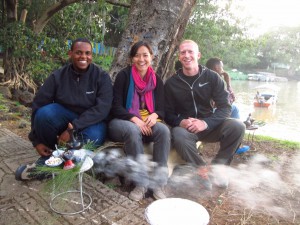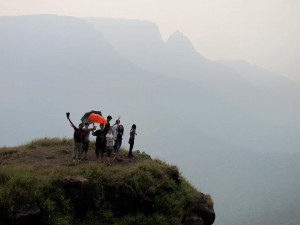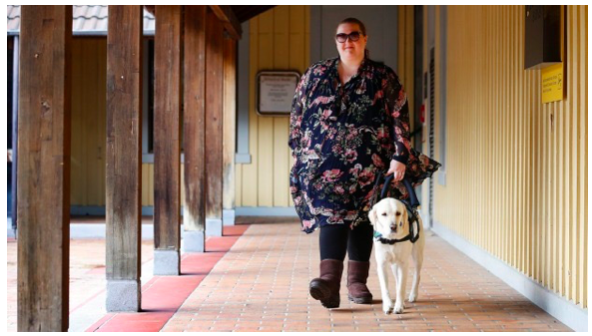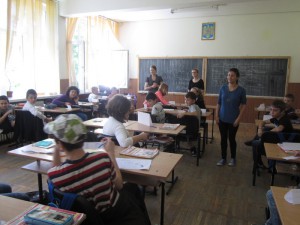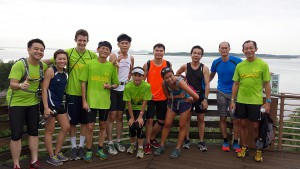
Taylor Bernard, 2012-2013, Fulbright English Teaching Assistant to Costa Rica (center), with her host niece and nephew, Maria Fernanda and Esteban
My experience as a Fulbright English Language Teaching Assistant (ETA) in Costa Rica was nothing short of amazing. Upon my arrival in February of 2012, I knew instantly that the next 10 months would change my life forever. I served as an ETA at La Universidad Nacional in the rural city of Heredia. I assisted in over five different classes on subjects such as grammar, creative writing, and North American culture. A huge part of my job was assisting in student development in actually learning the English language. I participated in study groups, oral discussions/presentations, and even practiced with students through song! During my stay in Heredia, I also took advantage of staying with a Costa Rican family as an exchange student. It was an awesome experience as I was able to interact with natives of my host country and completely immerse myself in Costa Rican culture. My host mother was unbelievably welcoming and leaving her after my stay was one of the hardest things I have ever done. The 10 months spent in one of the most traveled countries in Central America were some of the most amazing months I have ever experienced.
Outside of assistant teaching, I was able to lead many class discussions and give presentations on several topics related to both North American culture and also different topics of choice. With a research interest in Afro-Hispanic culture and identity, I took the liberty of introducing the topic of “racism in Latin America”. With the help of the great Afro-Hispanic author Quince Duncan, Costa Rica’s first Afro-Caribbean writer in the Spanish language, I was able to successfully give a presentation on the topic (for the first time ever) at the university and open an intense discussion regarding racism in Central America. I was able to discuss the correlation between racism in Latin America and the institutionalized racism that exists even today in the United States. For me, presenting on this particular topic was the most memorable and influential experience as it allowed for the discussion of a topic otherwise considered “taboo” in Latin America. Seeing the emotion in my students’ eyes and reading their reflections on the topic was more gratifying than anything.

